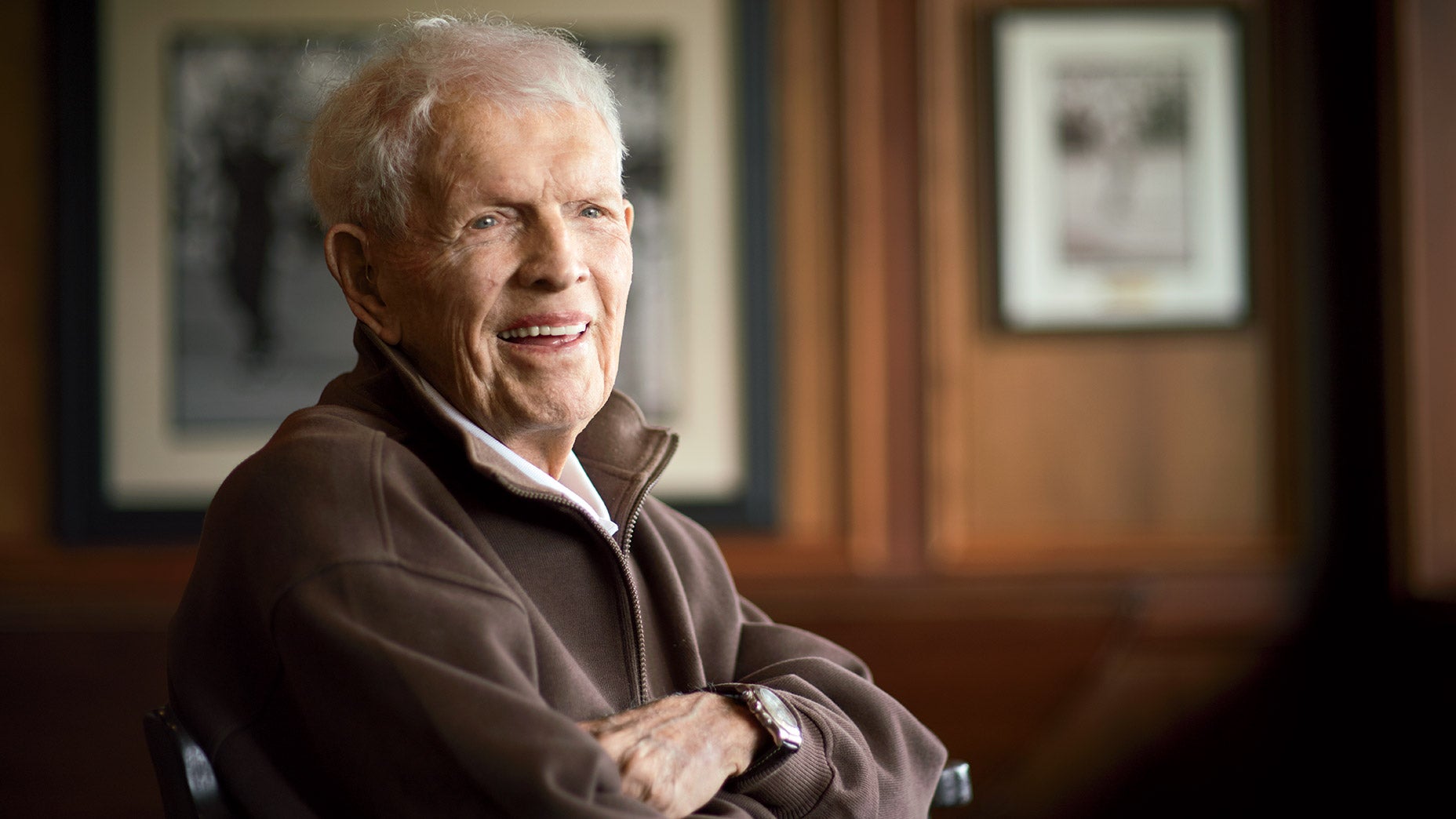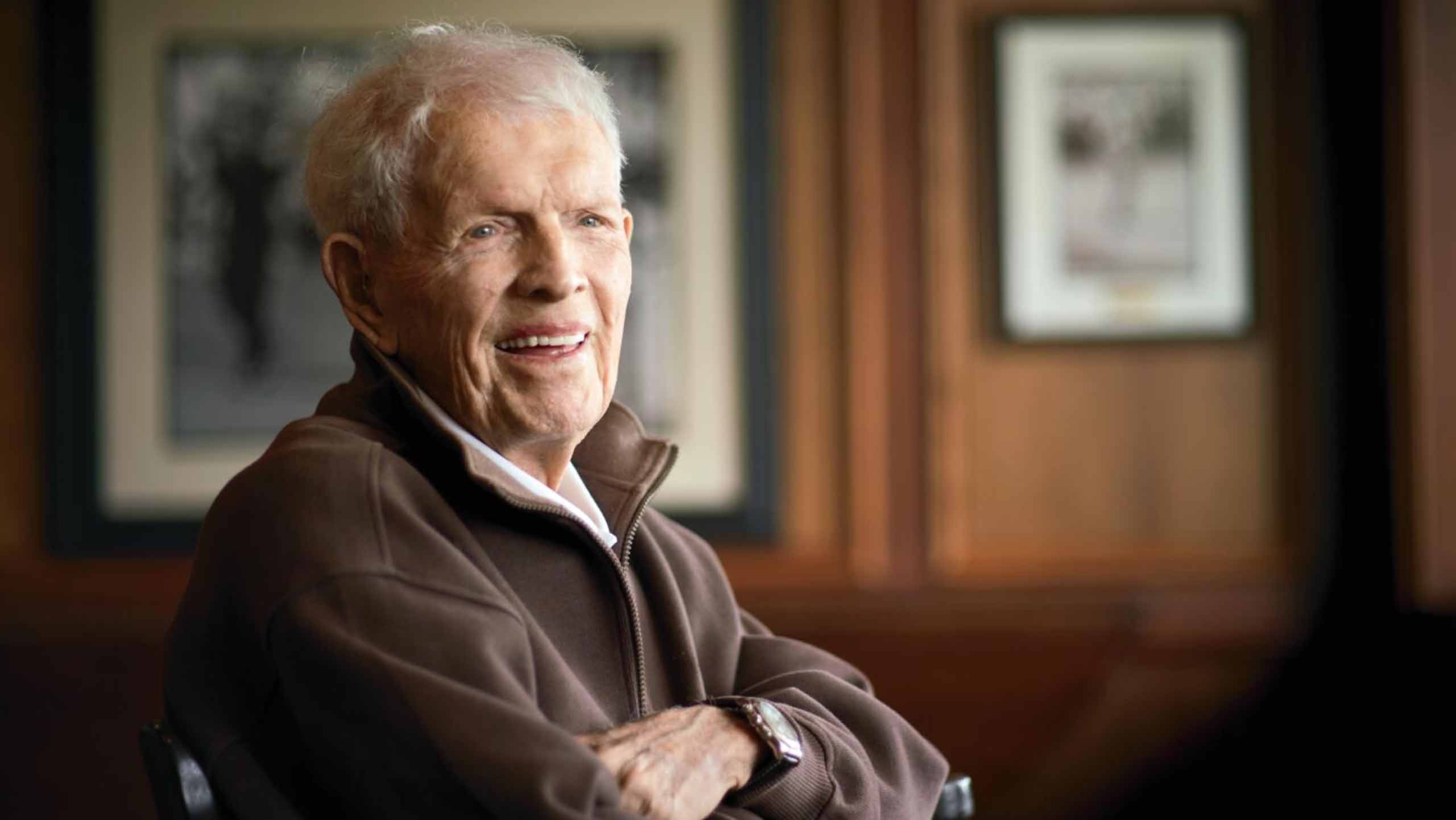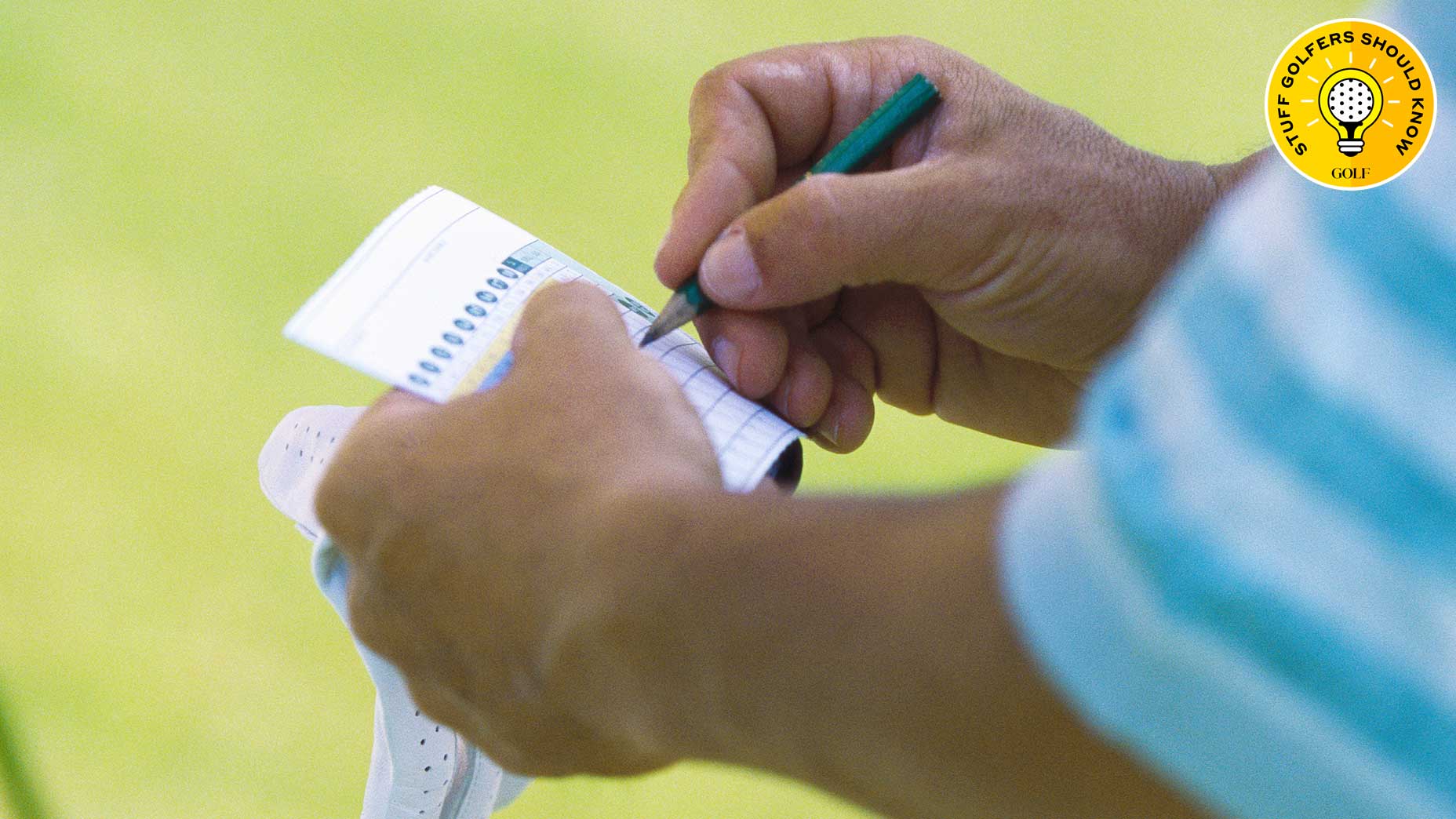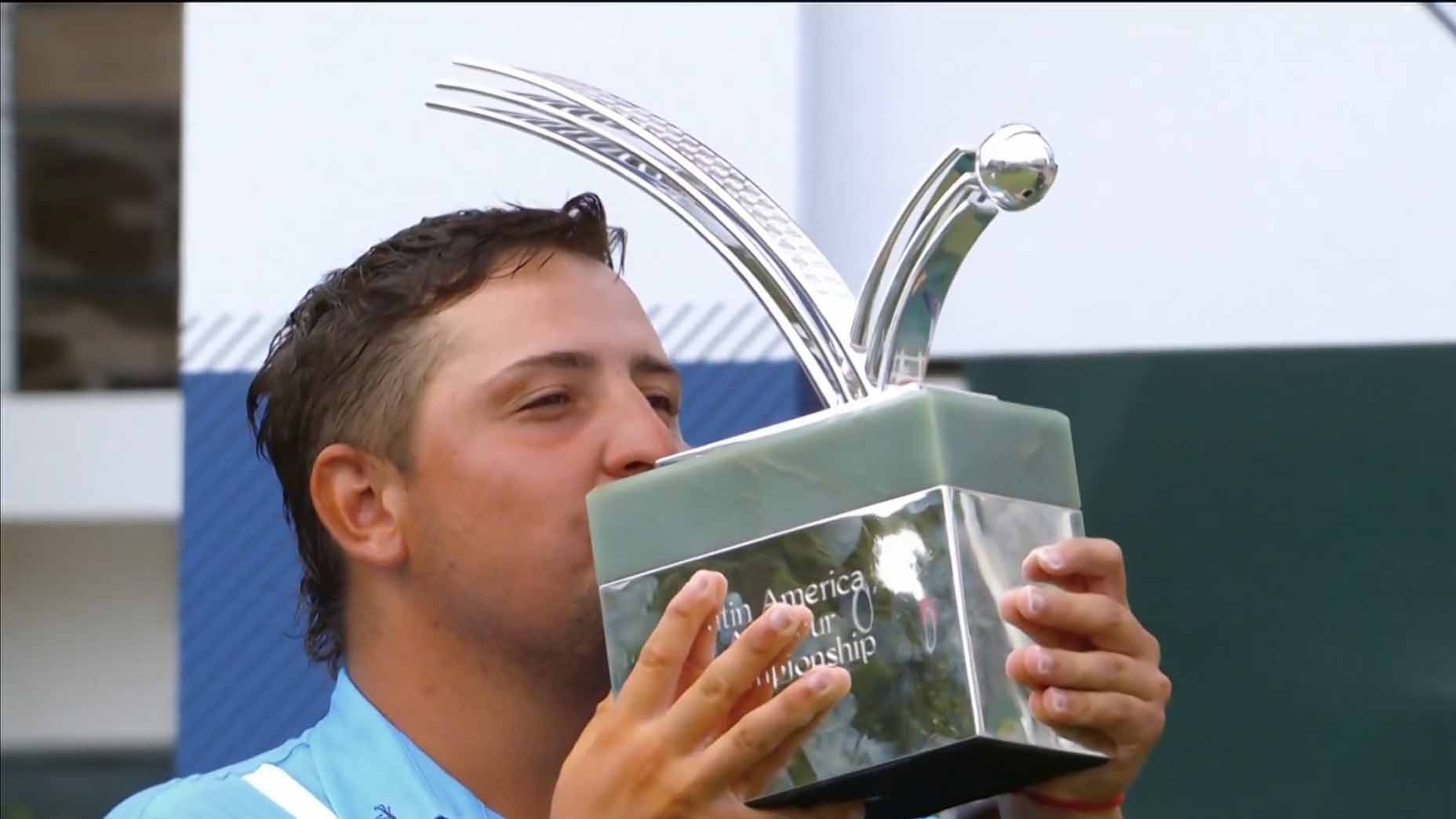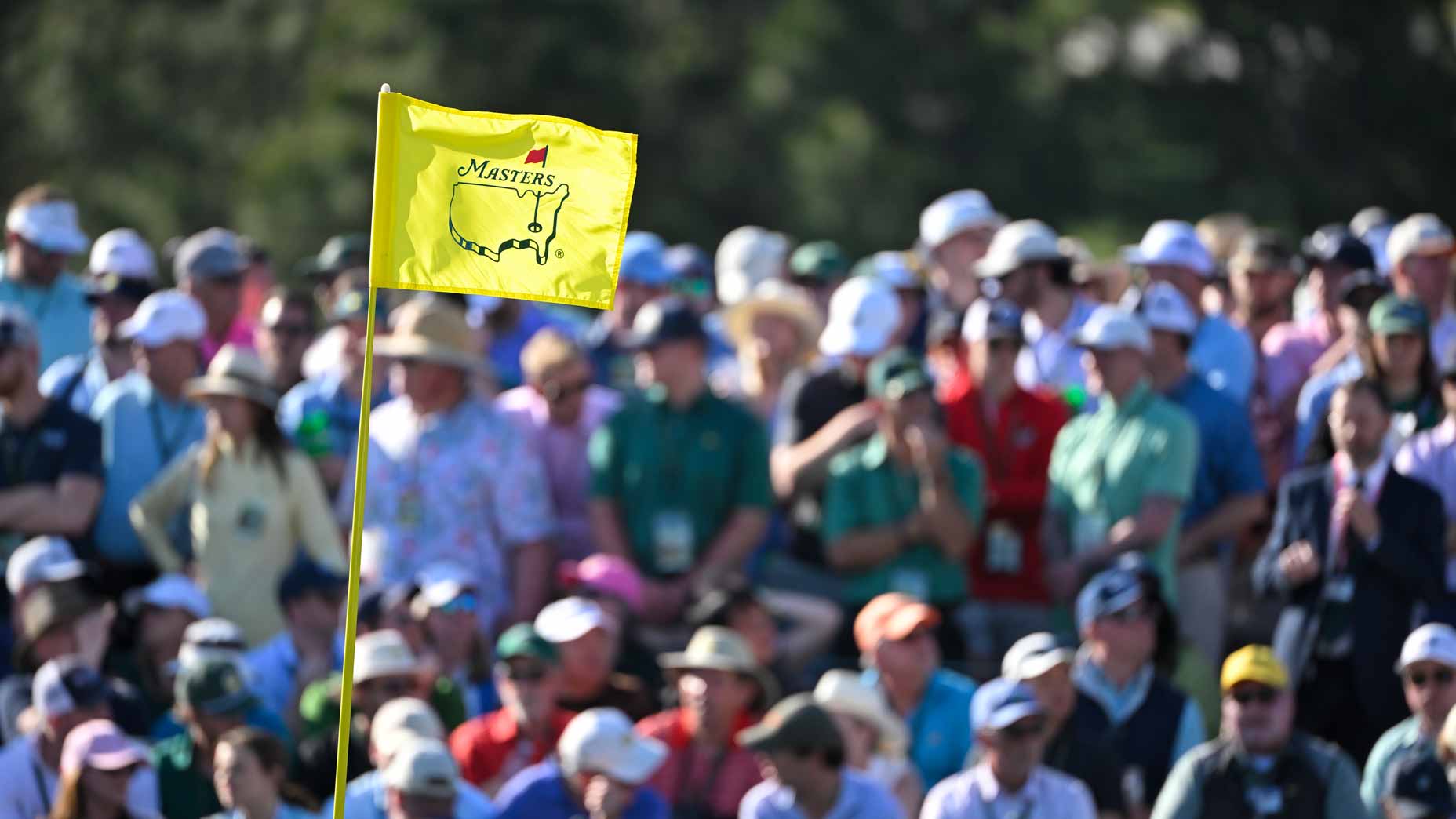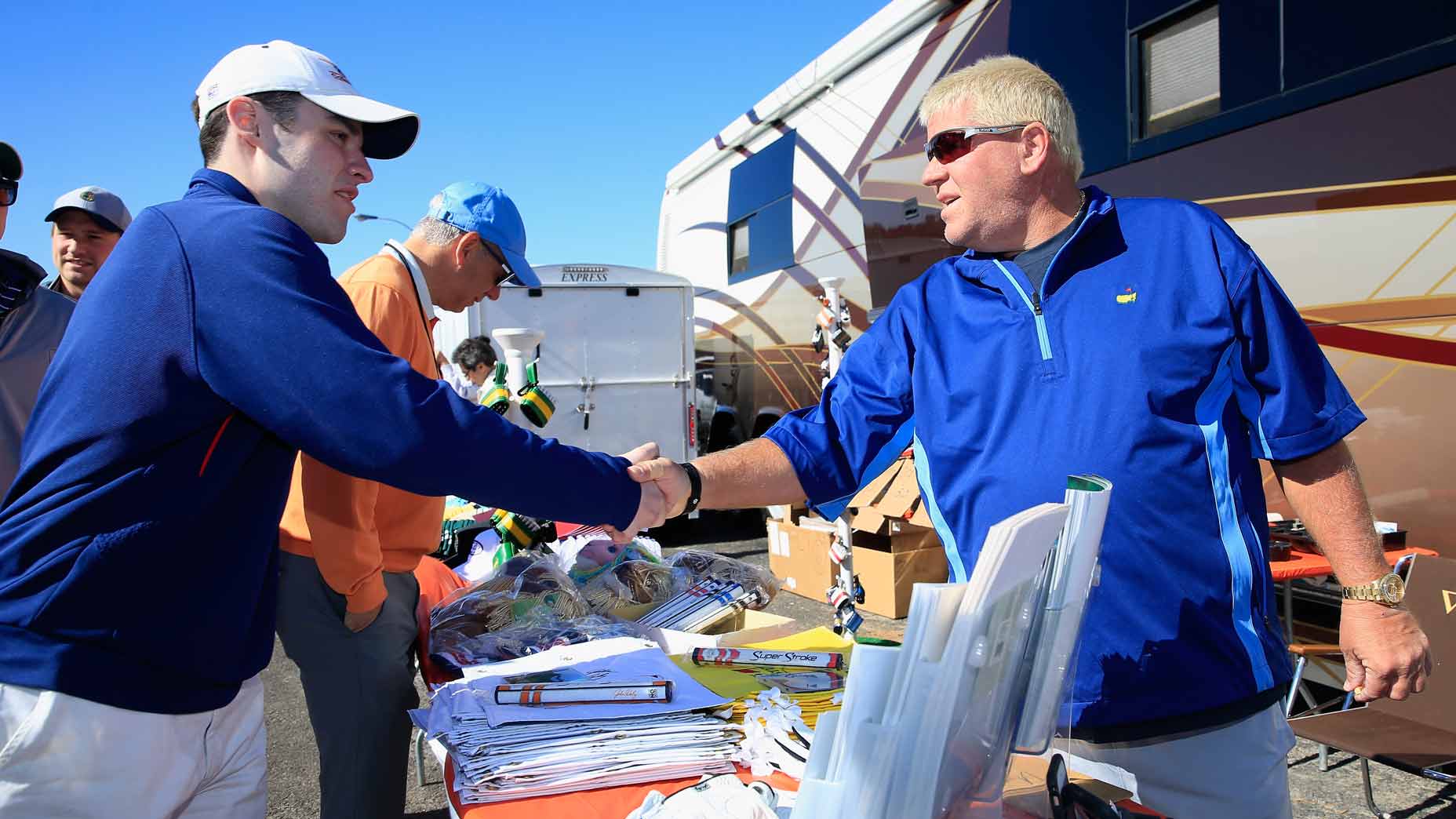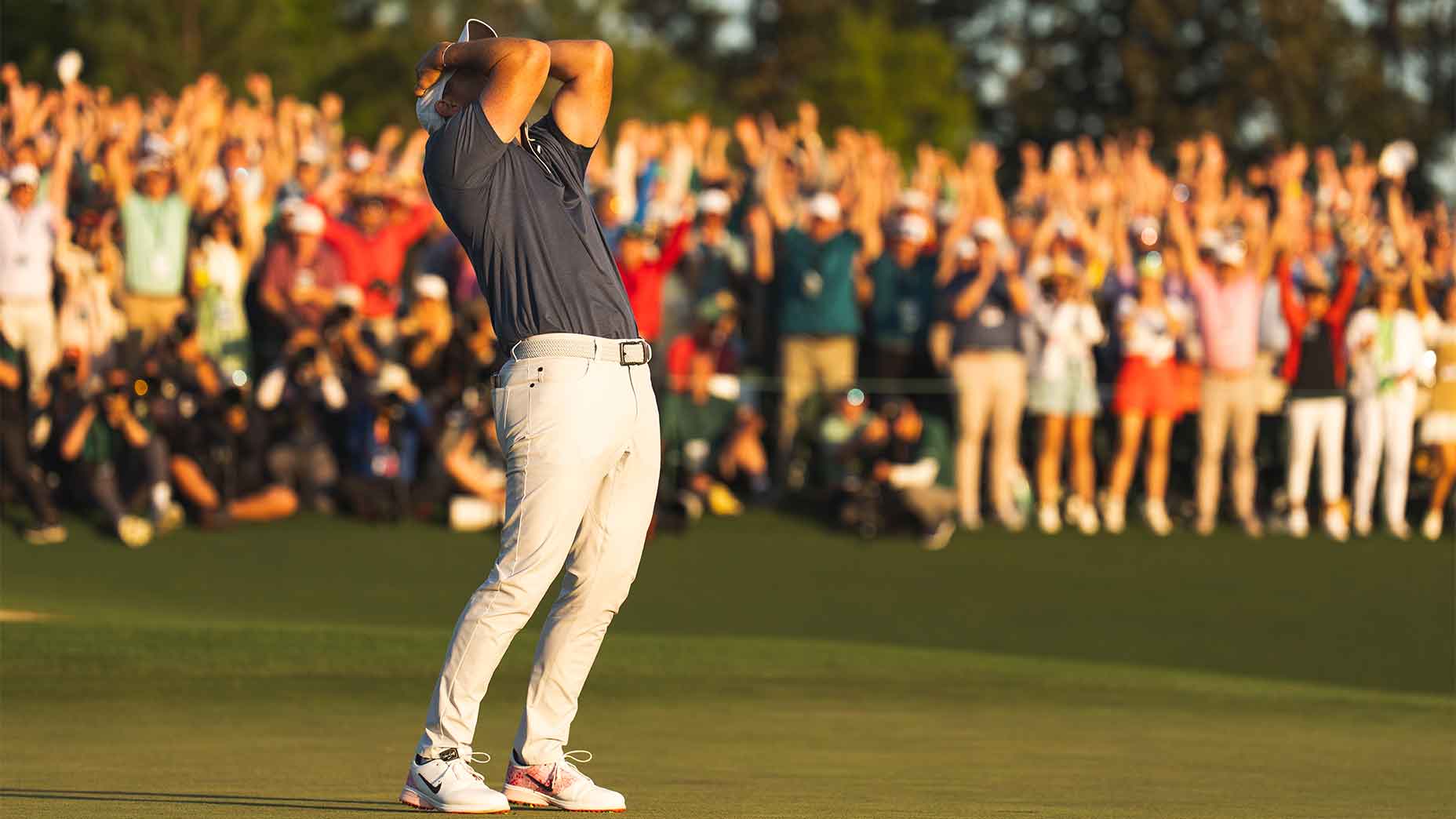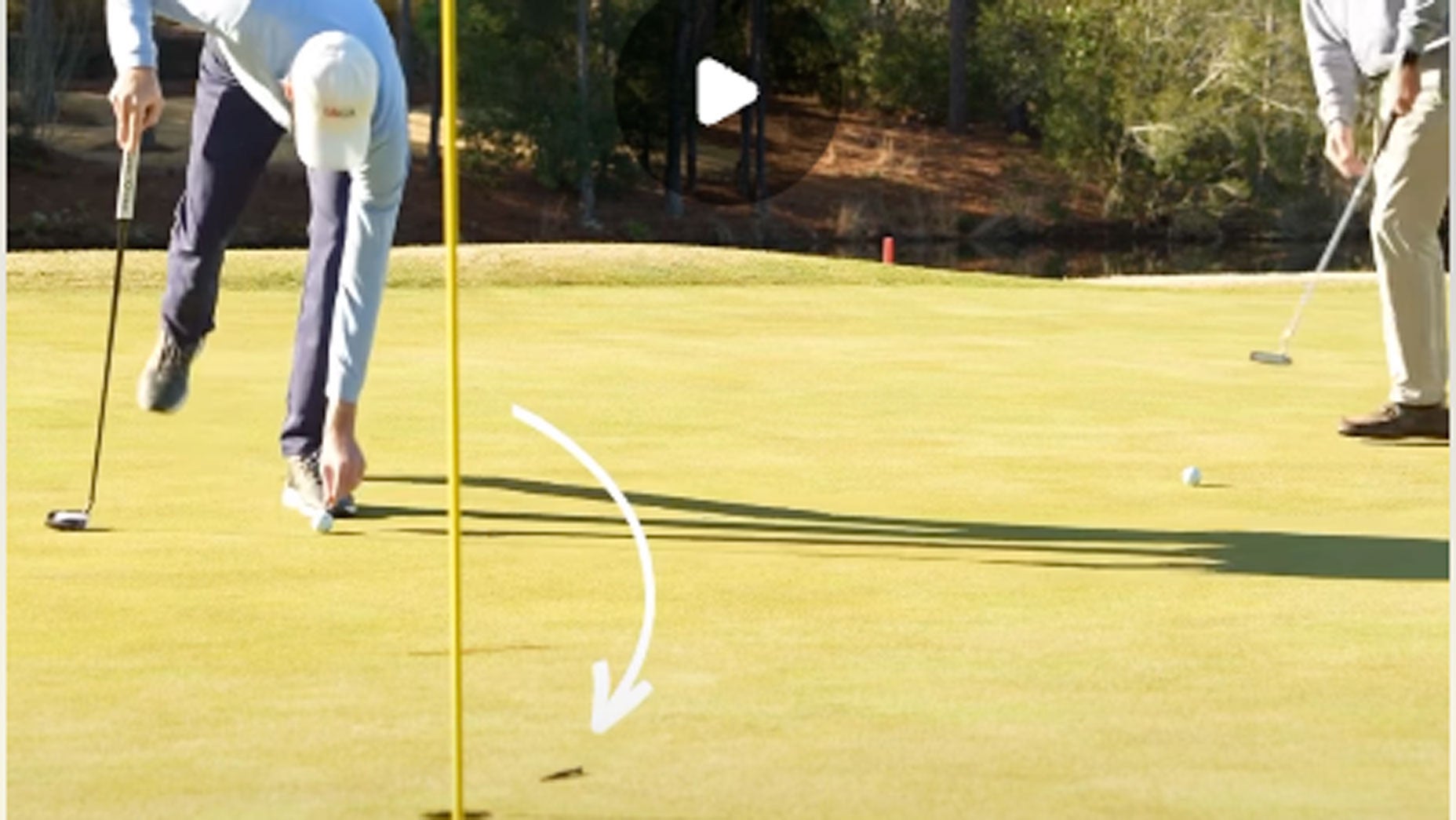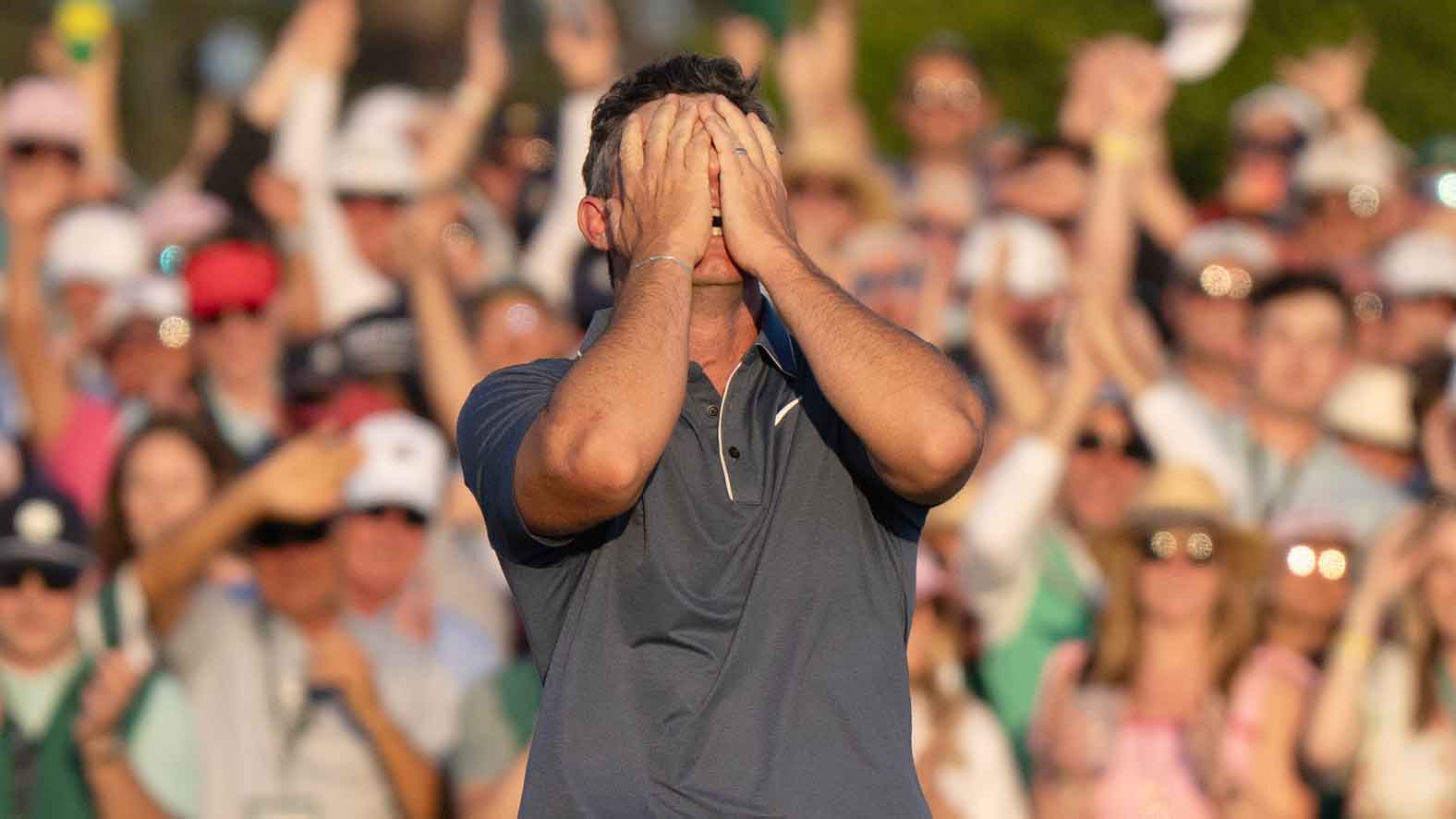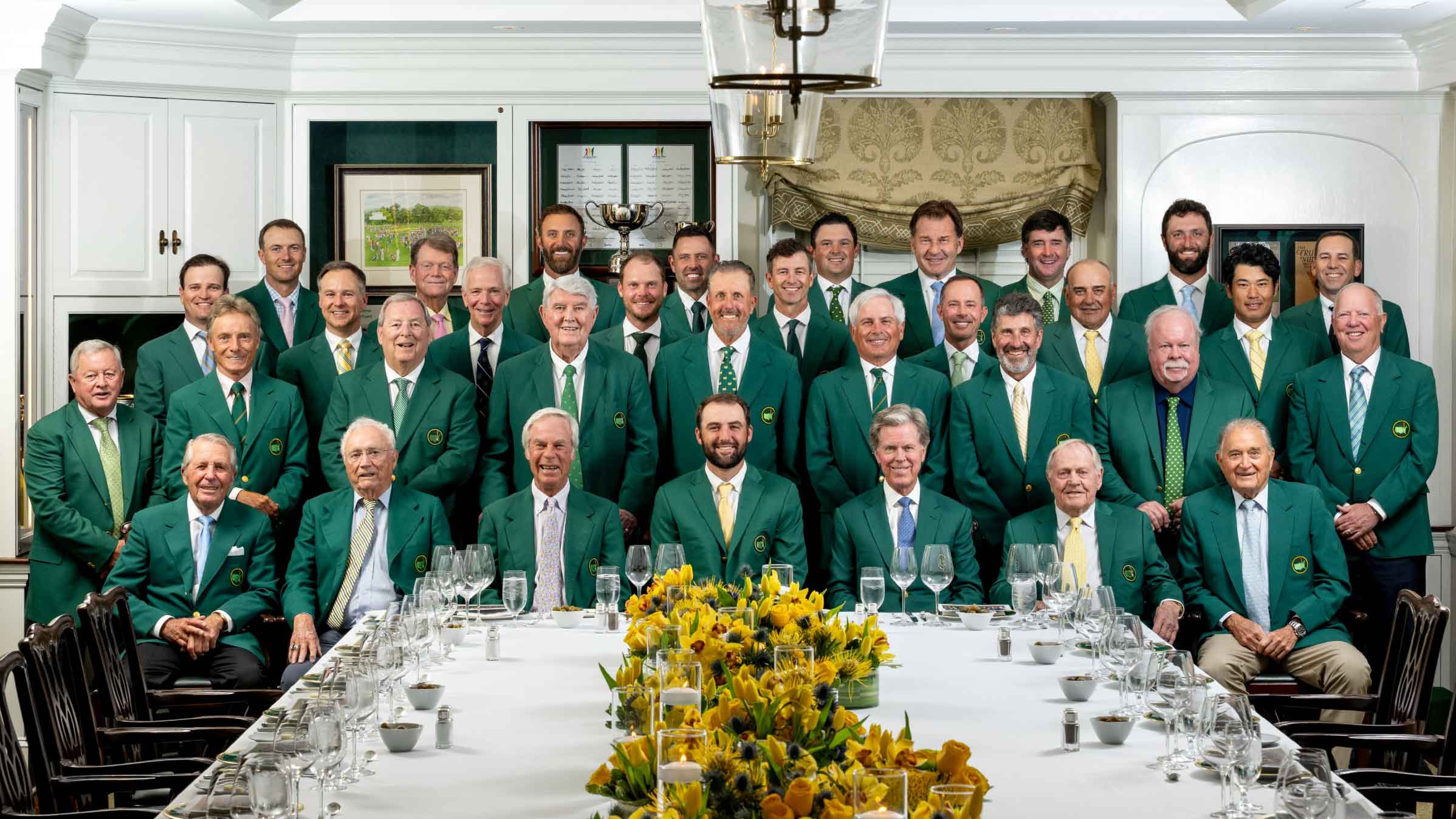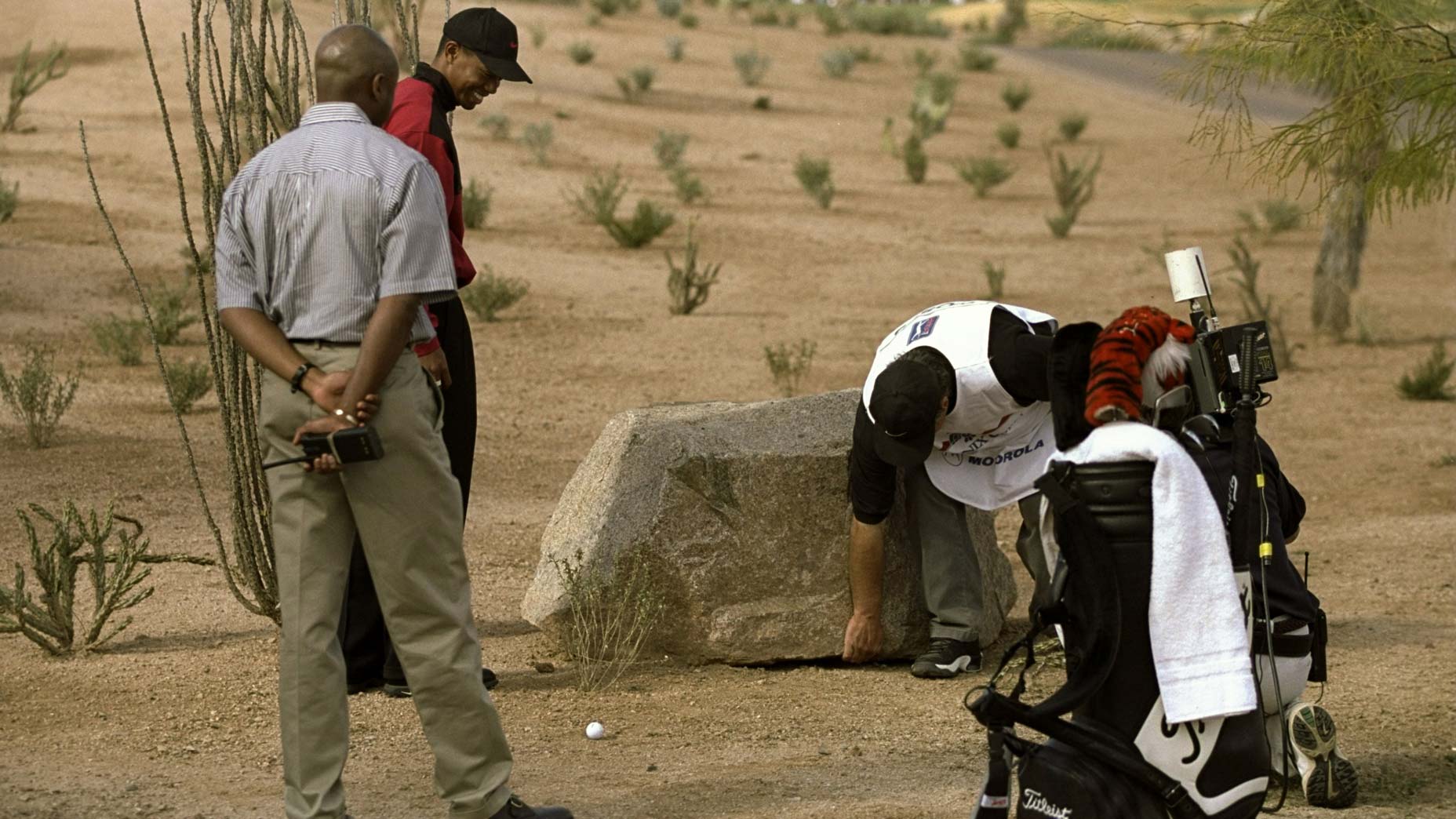One of the most important figures in Texas’ glorious golfing past, Jack Burke Jr., died Friday in Houston at age 100, leaving a Lone Star State-sized legacy which will rarely be equaled anywhere.
The 1956 Masters and PGA Championship winner — golf’s oldest living major champion — founded Champions Golf Club in Houston with good friend and Masters champ Jimmy Demaret in 1957. Burke still went to the club almost every day to greet members and oversee a wide range of professional golfers he mentored, including Ben Crenshaw, Phil Mickelson, Hal Sutton and Steve Elkington.
“His legacy is keeping the game going,” his wife, Robin Burke, said Friday.
Indeed, one of the Fort Worth, Texas, native’s favorite saying, which came to be known as a “Burkeism,” was “never forget golf pro is just short for promoter; that’s what we should be doing for the game.”
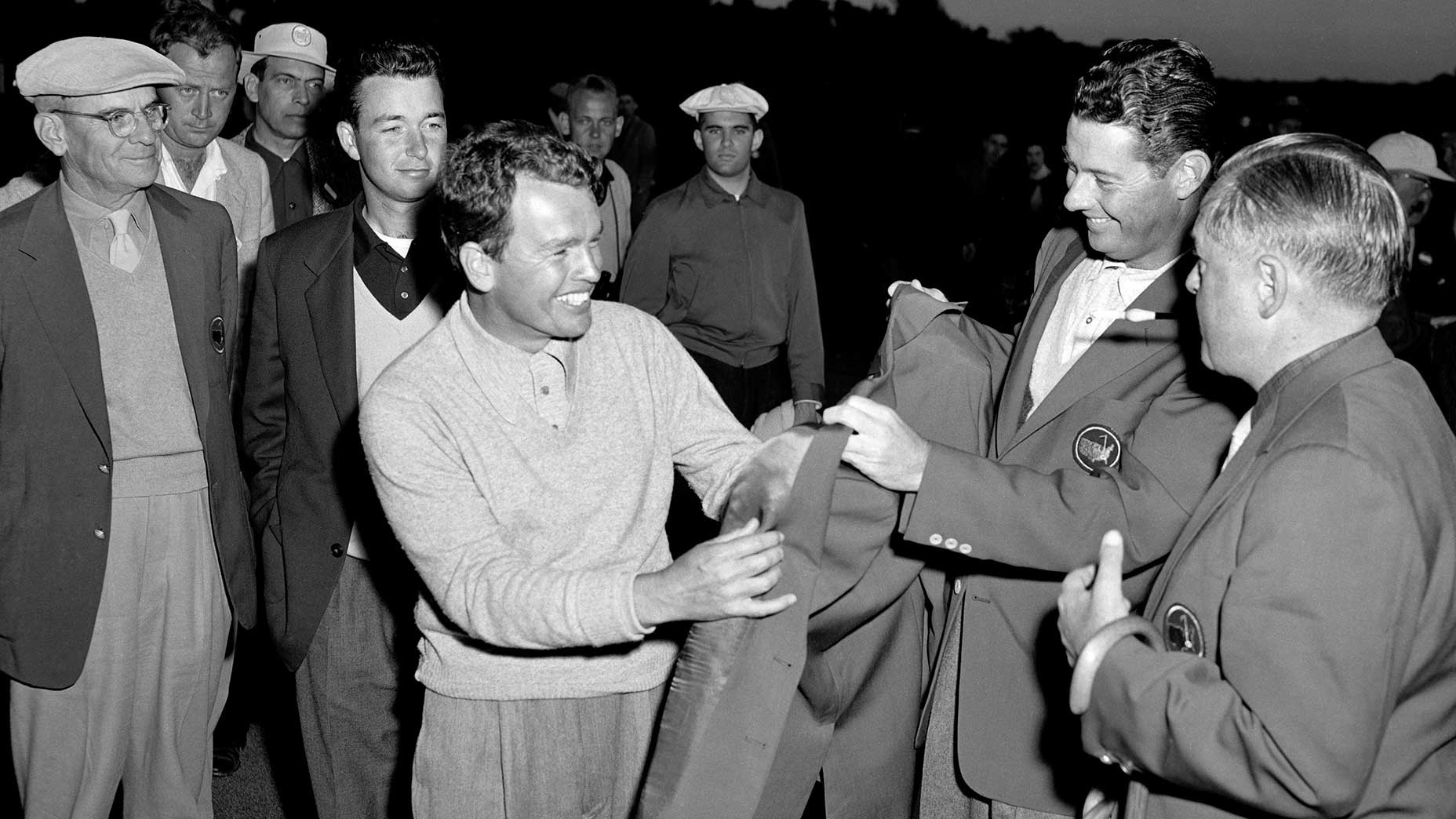
Dallas’ Lee Trevino gave a clinic Thursday in Hawaii during the PGA Tour Champions event. He told GOLF.com he referenced Burke during it.
“Mr. Burke always said, ‘Carry a club in your left hand when you’re walking to your shot. Then when you get to the ball, add your right hand and you’re off to a good start,'” Trevino said. “I told people that at the clinic yesterday. He must have heard me.”
Trevino added that Burke’s passing was truly the end of an era for legendary Texas golf professionals, or anyone from golf’s golden era.
“Everybody in golf owes a debt to Jack Burke and the entire Burke family,” he said. “They helped bring golf to Texas and gave us Champions Golf Club. Just like Augusta National, when you hear that name you know exactly what it is like.”
Jack Burke, the oldest living major champ, has seen it all — and you can bet he has something to say about itBy: Art Stricklin
Along with Pinehurst Resort, Champions is the only course in America to have hosted a Ryder Cup, men’s and women’s U.S. Open, U.S. Amateur, Tour Championship and PGA Tour event. Burke had overseen every famous shot ever hit at Champions, including the final PGA Tour round for his good friend Ben Hogan.
While he was known as golf’s ultimate straight shooter, “if you don’t really want to know what he thinks, it’s best not to ask him,” Sutton once said.
Trevino said Burke’s sharp sense of humor was often overlooked.
“One night we were having a Ryder Cup captains dinner in Dallas after the U.S. victory at Brookline, and Jackie got up to speak,” Trevino said. “I was on his left, Crenshaw was on his right. He gets up and says, ‘Ben, what you did [at Brookline] was a greater miracle than the loafs and two fishes in the Bible.’”
Tiger Woods didn’t escape Burke’s wit either. Due to limited space, Masters champions are paired together in the Champions Locker Room at Augusta National; Burke and Woods share a locker.
Once Burke left a note for his lockermate, asking him to leave some spare bills behind for the senior citizen.
The result?
“Nothing,” Burke said. “Not a thing.”
Mickelson, another Burke barb target, once came to Champions to have Burke help him his putting. Burke told him to make 100 putts in a row from four feet or less and come get him when he was finished.
Mickelson scoffed at the idea, saying he could just do it while Burke stood there. A steak bet ensued; Burke simply turned around and went to his office when Mickelson missed his fourth putt.
Besides being a Ryder Cup player, captain and assistant to Sutton at age 81, Burke had 19 professional victories. He also won the Vardon Trophy and was a member of the World Golf Hall of Fame.
“He was truly one of a kind,” an emotional Trevino said. “He really was. We’re getting so many new people coming to golf which is great, but they don’t have any idea who he is and what he did. He was a legend in every sense of the word and we all owe him a debt of thanks.”
